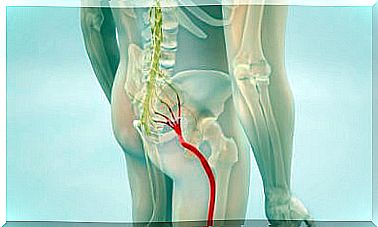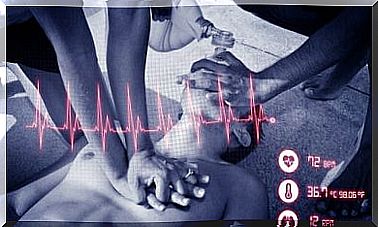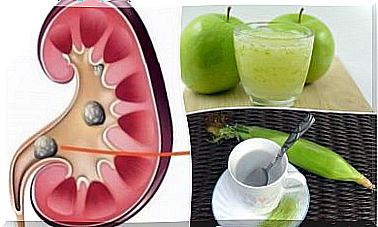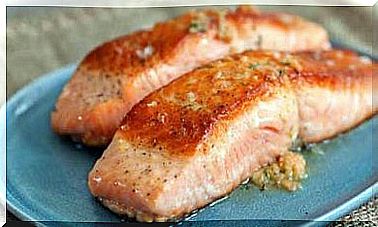Signs And Symptoms Of Esophageal Varices
Esophageal varices have a number of symptoms that we can ignore until they become severe. Today we will discover what they are and the treatment options that exist today.
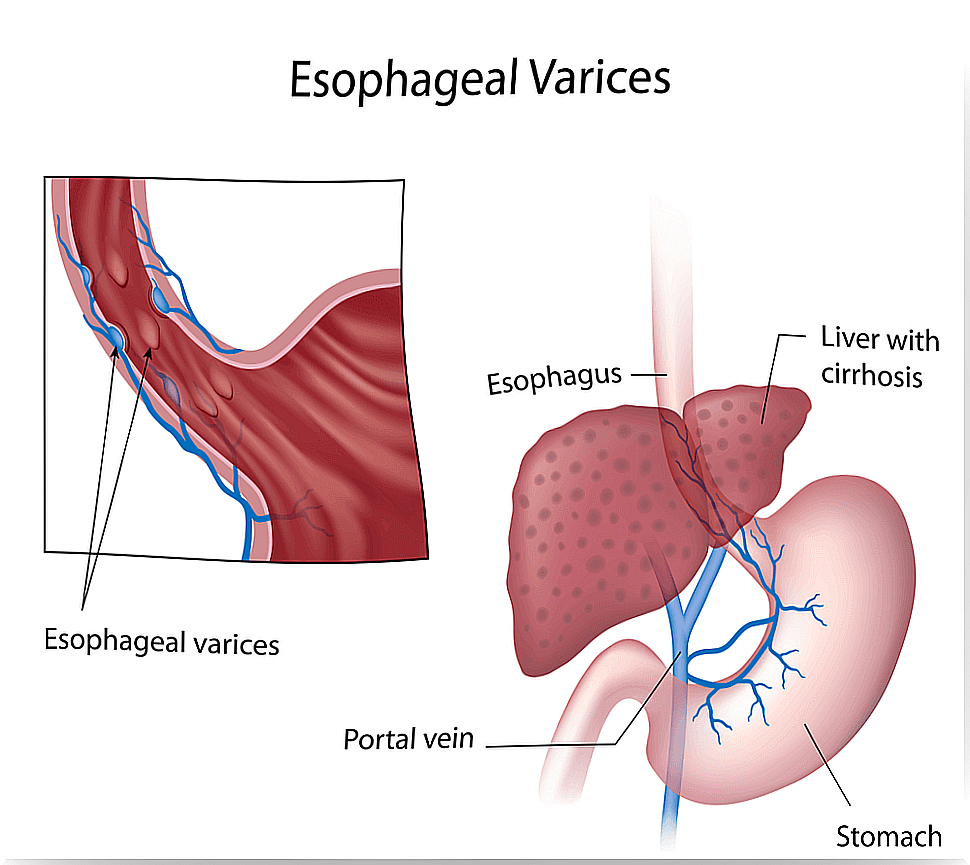
Varicose veins are dilations of the veins that cause venous insufficiency. However, there are also esophageal varices located in the final part of the esophagus that make it difficult for blood to pass.
Sometimes the signs or symptoms of esophageal varices can be confused with other less serious problems, so it is important that we bring them to the attention of a doctor. Early treatment will prevent this disease from getting worse.
How do I know if I have esophageal varices?

To find out whether or not we have esophageal varices, a study published in the Spanish Journal of Digestive Diseases exposes those factors that affect its appearance and the possible signs that should be taken into account in this pathology.
However, as the study points out, many times esophageal varices do not present symptoms and those that manifest can be confused with other less serious problems.
- Black stools : although we can not give importance to this color, if it is caused by this type of varicose veins it is due to the presence of blood. This is produced by the rupture of the varicose veins.
- Vomiting of blood : At first, dizziness or nausea may occur, up to the point of vomiting blood. Given this, you have to go quickly to the doctor.
- Loss of consciousness : it usually happens due to bleeding caused by esophageal varices, which leads to dizziness and fainting in the most severe cases.
If these symptoms persist over time, it is necessary that we go to the doctor as soon as possible. Losing consciousness, being dizzy or vomiting blood can alert you to this type of varicose vein that is seriously affecting your health.
Diagnosis: endoscopy
To make a reliable diagnosis, after having seen the doctor with the aforementioned symptoms, an endoscopy will be done. This allows even biopsies to be carried out in order to adjust the diagnosis as much as possible.
With endoscopy , a camera is inserted through the esophagus to see if there are varicose veins, in addition to analyzing their severity. That is, if they are thick, if there is a large amount, if there is severe bleeding in the area, etc.
Depending on the type of varicose veins found, it will be decided to treat them in one way or another. For example, if there are very few amounts, they are small and there is no bleeding in the area, the doctor may choose to recommend a follow-up to see how this problem evolves.
Treatment options
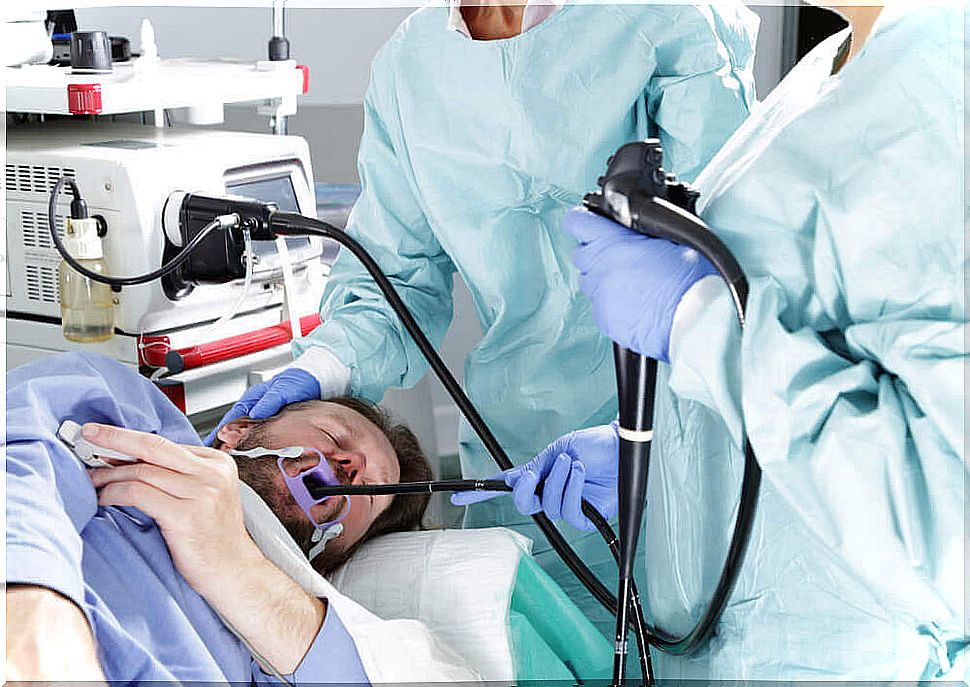
As we mentioned, depending on the type of varicose veins that are discovered in the endoscopy, the doctor will choose one treatment or another. Next, we are going to see some of the options that currently exist:
- Medication supply : if there is no bleeding, although there are large varicose veins, drugs are given to reduce the pressure.
- Endoscopic ligation : when the above treatment option cannot be applied due to intolerance or side effects. Varicose veins can be strangled with rubber rings to help them disappear.
- Endoscopic sclerotherapy : used when there is bleeding by injecting a substance into the varicose veins.
All of these treatments can have consequences. For example, medications may not be tolerated by the body and cause side effects such as nausea, diarrhea, or dizziness.
For this reason, the doctor will follow up to detect which treatment will work best for the patient suffering from esophageal varices.
What to do if symptoms occur?

People who should be more careful with the symptoms or signs that can alert to the presence of this type of varicose veins are those who have cirrhosis (liver disease) or who have undergone a thrombosis. Although esophageal varices can appear from other causes, these are more susceptible risk groups.
Finally, in the presence of dark stools, dizziness or vomiting with blood, they should go to the doctor as soon as possible. An early diagnosis will reduce the suffering and discomfort that the patient goes through, as well as prevent the situation from worsening.
Having large varicose veins that rupture could lead to serious, life-threatening bleeding. For this reason, let’s not underestimate the signs that can alert you to the presence of this type of varicose vein.
